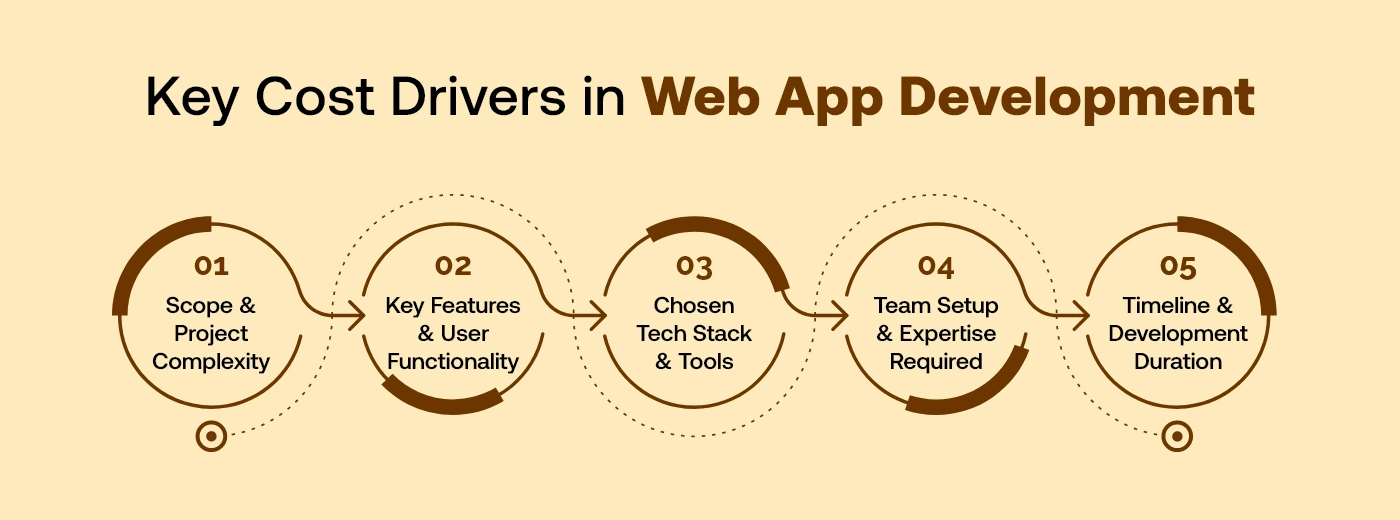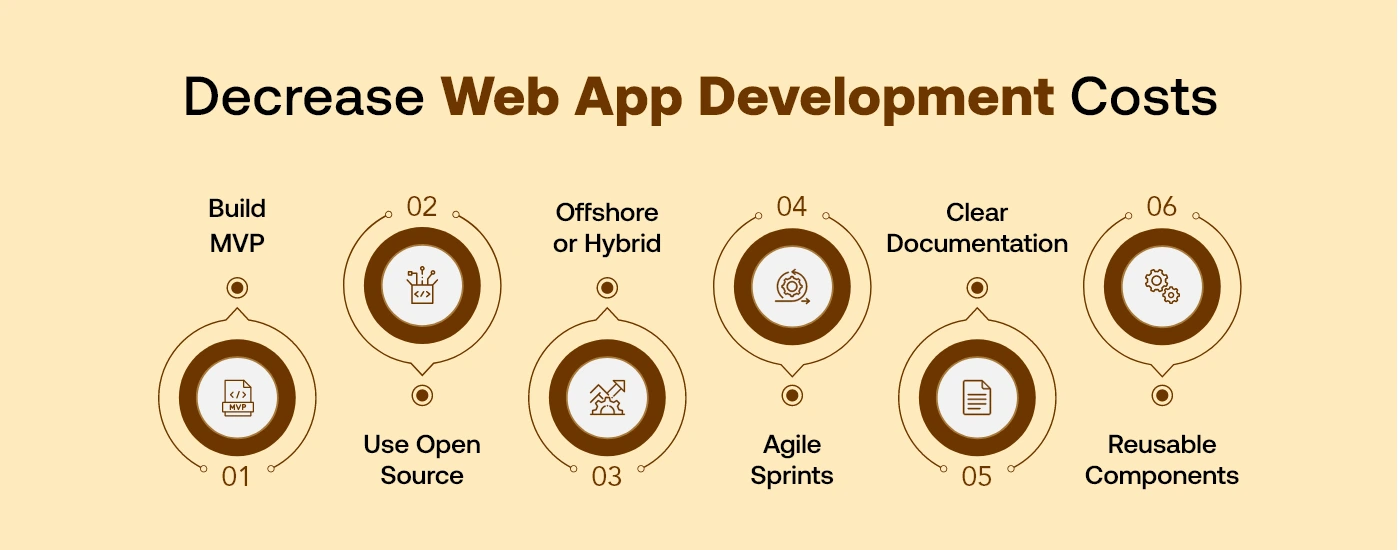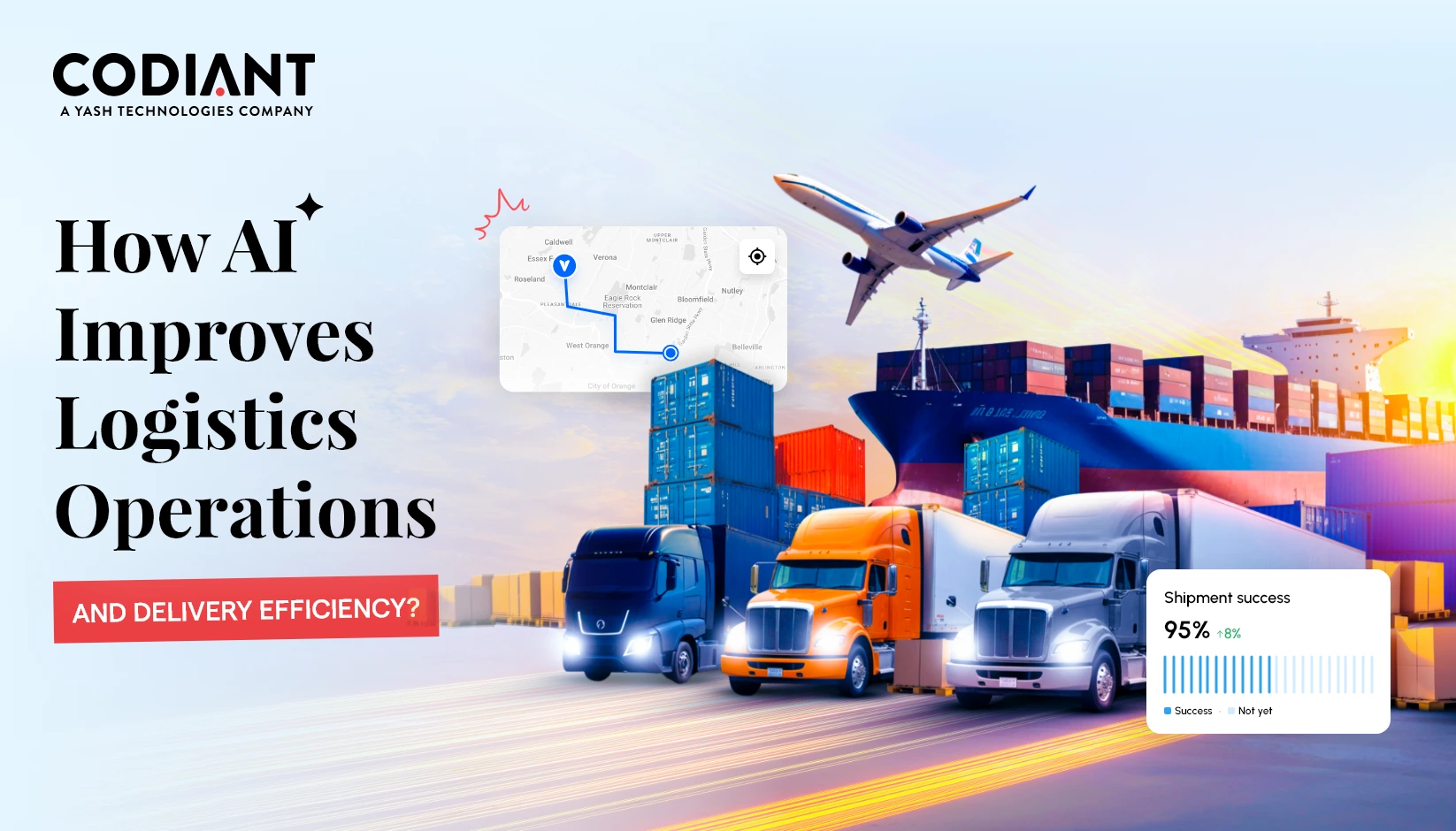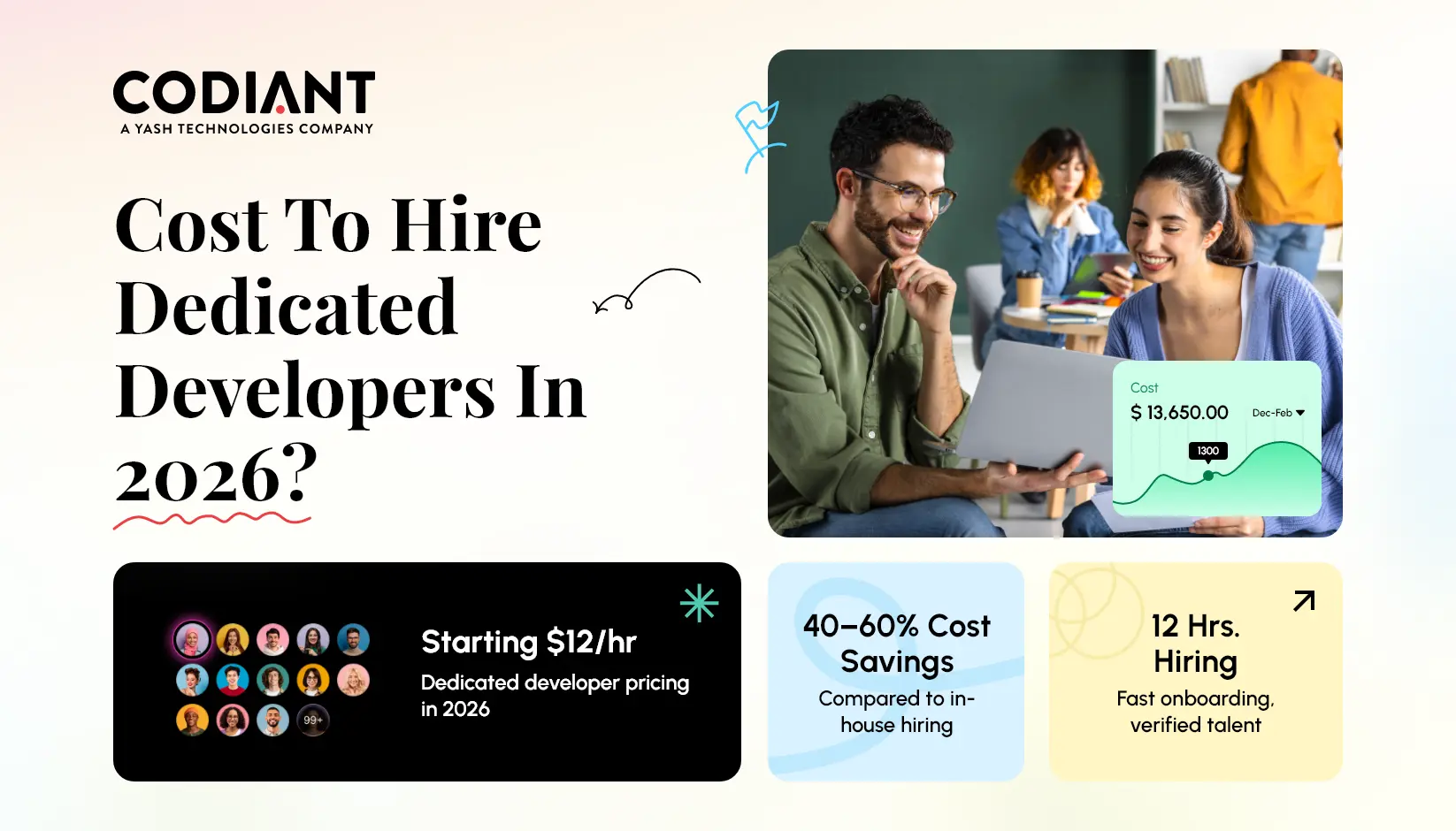Web App Development Cost Breakdown: Complete Guide 2026
Table of Contents
Subscribe To Our Newsletter

Today, the idea of building a web application in 2026 is to building a core business engine. Customer portals, employee dashboards, product management systems, subscription SaaS service, all these web apps are the beating heart of our internet era.
And, as web applications continue to make progress, becoming faster, smarter, more deeply connected to the cloud and A.I., so do the cost of development and the costs associate to that. Real companies in the world Real companies in the world don’t just want responsive design; they want responsive data, awesome integrations, and battle-tested scale on day one.
But to have all that, you must have a plan for development and budget that actually works. If you are still wondering if it is still worth it for you or your company to develop a custom-made web-based application then you need to know the answer to how much does custom web development cost.
If you’re a startup who are on your way to creating an MVP, or you’re an agency or an enterprise looking to move from the old system to create internal tools or management — it’s essential you know where your budget goes and based upon what?
Let’s break down the true cost of developing web apps and help you plan with accuracy.
What Is Web Application Development?
Web application development is the practice that involves designing and building software applications that are used as sites by end users and programs that are run in any web browser, but it offers dynamic user interaction with the browser—unlike the static pages of traditional websites.
Web apps are developed using front-end and back-end technologies, often built and maintained by skilled PHP developers, and they generally include options like user authentication, data storage, APIs, real-time processing, admin dashboards, and third-party integration.
What’s Included in Web App Development?
- Frontend Development: Creating user interface with frameworks such as React, Angular, or Vue.JS.
- Backend Development: Data, logic, and integration – with something like Node. js, Django, or Ruby on Rails.
- Database Architecture: Managing and structuring data with for example PostgreSQL, MySQL, MongoDB etc.
- APIs and Microservices: Making sure our systems talk to each other safely.
- DevOps Setup: Continuous integration and testing pipelines, cloud deployment, etc.
Where Are Web Apps Used?
- E-commerce platforms like Shopify.
- SaaS tools like Trello, Asana, and Notion.
- Fintech apps for budgeting, banking, and payments.
- Healthcare portals for teleconsultation and patient record access.
- E-learning platforms like Coursera and edX.
Web apps are built for scale, security, and flexibility—especially when supporting thousands of users or integrating with enterprise-level tools.
From features to frameworks—see exactly where your budget will go.
Get your custom web app cost plan now.
Factors Influencing Web App Development Cost
Getting to know what influences the web application development cost enables you to take smart budgeting decisions, and put in the right efforts in the proper place.

Project Complexity
- Basic Web Apps (static pages, forms, simple CMS)
Cost: $5,000 – $15,000
Timeline: 1–3 months - Mid-Complexity Web Apps (user login, admin dashboard, basic APIs)
Cost: $20,000 – $60,000
Timeline: 3–6 months - Advanced Enterprise Web Apps (custom workflows, real-time analytics, cloud integration, multi-role access)
Cost: $70,000 – $250,000+
Timeline: 6–12+ months
Features and Functionalities
Features can multiply costs quickly. A few cost-driving examples:
| Feature | Estimated Add-on Cost |
| User authentication | $2,000 – $7,000 |
| Payment gateway integration | $3,000 – $10,000 |
| File uploads and media | $3,000 – $8,000 |
| AI/ML components | $10,000 – $40,000 |
| Real-time messaging | $5,000 – $15,000 |
| Role-based access system | $4,000 – $12,000 |
UI/UX Design Requirements
- Template-based design (good for MVPs)
Cost: $1,000 – $3,000
Fast but less customized. - Custom UI/UX design (designed from scratch)
Cost: $5,000 – $25,000
Delivers better engagement and brand value.
Technology Stack
Each framework, language, and platform has its own learning curve, tooling needs, and cost implications.
- Frontend: React, Vue.js (popular, well-supported)
- Backend: Node.js (scalable), Django (secure), Laravel (developer-friendly)
- Hosting: AWS, Google Cloud, Vercel (pay-as-you-go, scalable)
- Database: Firebase, MongoDB, PostgreSQL
Using niche or emerging tech could require specialized developers and this might increase rates.
Development Team Structure
| Team Type | Rate (per hour) | Notes |
| Freelancers | $20–$100 | Good for small apps or MVPs |
| Local in-house | $80–$200 | Full control, higher cost |
| Offshore team | $20–$70 | Cost-effective, time zone gaps |
| Software agency | $40–$200 | Full-service (design to dev to QA) |
Development Time
The more time your app takes, the higher the total hours billed. Agile development can break work into phases and save money through iteration and feedback.
Typical Web App Development Cost Range in 2026
Here’s a clear pricing snapshot based on app scale:
| App Type | Key Features | Cost Estimate | Timeframe |
| Basic MVP | Login, forms, basic content | $5,000 – $20,000 | 1–3 months |
| Mid-level App | Dashboards, APIs, CMS, payment gateway | $20,000 – $60,000 | 3–6 months |
| Enterprise Web App | AI, analytics, real-time, multi-role | $60,000 – $250,000+ | 6–12+ months |
Regional Developer Costs
- USA / Canada: $100–$200/hr
- UK / Western Europe: $80–$150/hr
- Eastern Europe: $40–$80/hr
- India / SEA: $20–$50/hr
Pricing Trends in 2026
- Cloud-native architectures are now standard
- AI agents and real-time features drive higher project costs
- Developer rates rising by 5–10% YoY due to global demand
Cost Estimation by Development Stages
Breaking down your budget by development stage gives better control and clarity.
| Stage | Cost Estimate | Description |
| Discovery & planning | $1,500 – $5,000 | Market analysis, scope documentation |
| UI/UX Design | $3,000 – $15,000 | Wireframes, prototypes, usability testing |
| Frontend & Backend Dev | $10,000 – $100,000+ | Core coding, database, APIs, and server setup |
| QA & testing | $2,000 – $10,000 | Bug fixing, performance optimization |
| Launch & DevOps Setup | $1,000 – $5,000 | Hosting, security setup, version control |
| Ongoing Maintenance | $5,000 – $30,000+/yr | Patches, updates, uptime monitoring |
Still unsure what your budget gets you? Let’s break it down together.
Web App Cost Calculator Tools
Web app cost calculator tools offer rough estimates based on inputs like features, team type, and timeline.
Popular Tools
- Digitalya’s Calculator
- Estimate My App by Brainhub
Benefits
- Helps early-stage planning
- Easy to compare multiple project scopes
Limitations
- Doesn’t account for team experience
- No support for edge cases or custom logic
For serious projects, always validate with a tech consultant or development firm.
Related reading: How Much Does It Cost to Develop an App in 2026
How to Reduce Web Application Development Costs
You don’t need a big budget to create a great product. But you need to make smart choices in order to manage and/or reduce your web application development cost.

Do MVP
Focus only on the necessary features to prove your concept. This shaves off time for development and allows for quicker validation.
Opt Open-Source Libraries
Leverage libraries like React and Bootstrap or Firebase Instead of Re-inventing the wheel. These are robust, scalable and time saving tools.
Choose Offshore or Hybrid Teams
Indian or Eastern European agencies are known to provide enterprise-quality apps at 50–70% off what North American teams charge.
Leverage Agile Development
Divide the project into sprints. This way, you remain in charge of budgets and schedules, and feedback is possible from the users while development is still in progress. For teams adopting Agile for the first time, pursuing a CSM Certification can offer a structured foundation in Scrum principles, ensuring more effective sprint planning and collaboration.
Be Clear in Your Documentation
From the Start Avoid vague features or shifting priorities. Scope creep is one of the primary causes of budgets going out of control. High quality user stories and workflows help reduce this risk.
Use Components
By applying a modular approach to the design, a library of reusable code and pre-designed patterns can be leveraged to save time and money.
Hidden & Ongoing Costs to Watch Out For
Many project budgets fail because they ignore post-launch needs. Here are some commonly missed items:
- Cloud hosting: $20–$1,000/month based on usage
- Third-party APIs: Stripe, SendGrid, etc., charge per use or per user
- Compliance costs: SOC2, GDPR, HIPAA audits may cost $5,000–$20,000+
- Security: Penetration testing, encryption, SSL renewals
- User support: Chatbot or helpdesk integration fees
- Redesigns: Every 2–3 years to stay competitive
Plan for these from the beginning to avoid surprises later.
Conclusion
When it comes to web application development in Canada and globally, the costs can range significantly depending on functionality and scale. A minimal viable product might be developed for about $15,000, whereas a feature-rich AI-driven platform could require over $200,000. Similarly, the website redesign cost depends on elements like advanced features, content migration, and UI/UX improvements. The real differentiator lies in proper planning, strategic execution, and collaborating with experienced professionals.
Leverage resources like web app cost calculators to get started with your budget. Then, talk with a team of experts to fine-tune your plan, eliminate surprises, and make your future-proofed solution a reflection of your business goals.
Frequently Asked Questions
The typical 2026 web app price has a complexity-based cost ranging from $20,000 to $100,000. MVPs are on the low end, while enterprise apps can exceed $200,000.
Estimate quickly with a web app cost calculator. For pricing information, send your feature list, user flows and targeted tech stack to a dev team for a quote.
Freelancers charge between $20 and $100 per hour. Agencies can cost $40–$200/hr based on experience and location. Offshore teams are usually cheaper and more accustomed to remote work, making them a practical choice when businesses want to hire dedicated mobile app developers without compromising efficiency or collaboration.
Budget for 20–25% of your first-round budget annually. This includes hosting, updates, bug fixes, new features, API subscriptions and security monitoring.
It takes 2–12+ months depending on your scope. A basic app can be built in 6–8 weeks, but full-scale SaaS platforms may require a year or more.
Featured Blogs
Read our thoughts and insights on the latest tech and business trends
How to Choose the Right AI Development Partner in the USA (Enterprise Guide 2026)
- February 12, 2026
- Artificial Intelligence
In a Nutshell Enterprise AI success starts with clear business goals, not vague plans like “we need AI.” The best AI development partners deliver real production systems, not just impressive demos or prototypes. Industry alignment... Read more
How AI Is Transforming Transport & Logistics Operations in Real Time
- February 10, 2026
- Artificial Intelligence Logistics & Transportation
In a Nutshell: AI in transport & logistics is enabling faster, smarter decision-making across fleets, warehouses, and supply chains. Real-time logistics optimization improves route planning, dispatching, and delivery efficiency as conditions change. AI-driven forecasting and... Read more
How Much Does It Cost to Hire a Dedicated Developer in 2026?
- February 6, 2026
- Staff Augmentation
In 2026, hiring software developers is a substantially different process than it was just a few years ago. Remote work has become the norm and businesses are no longer limited to hiring talent in their... Read more





